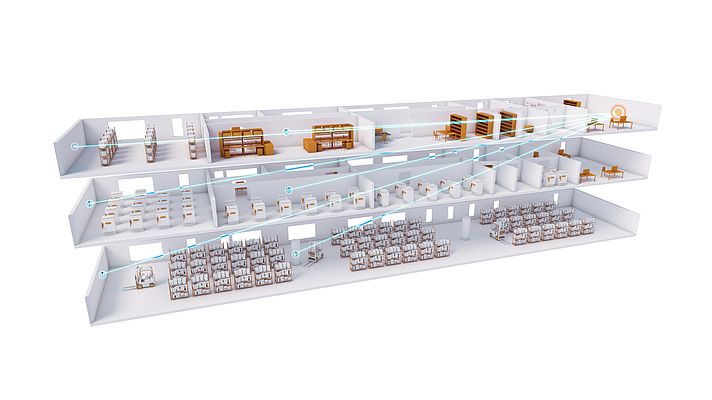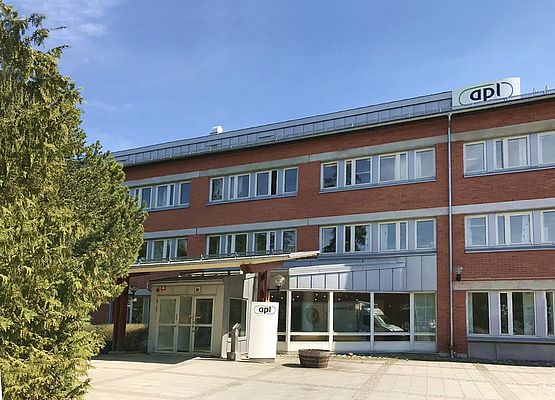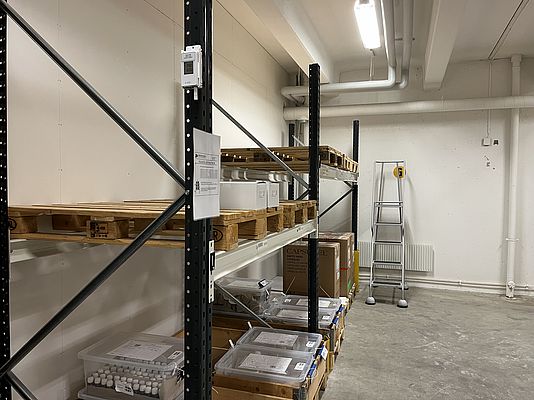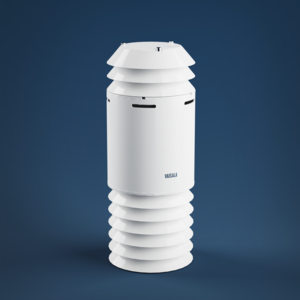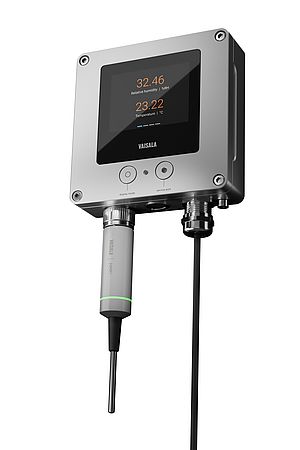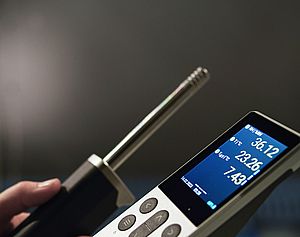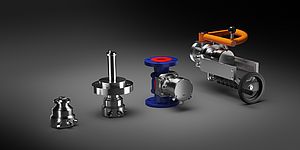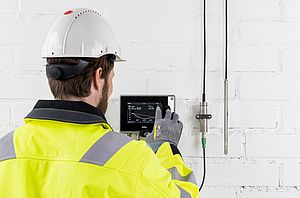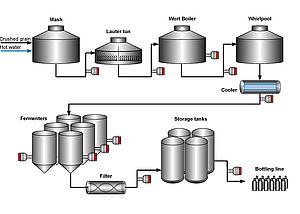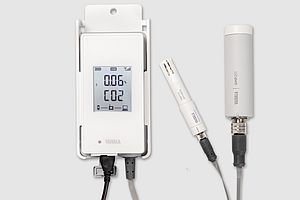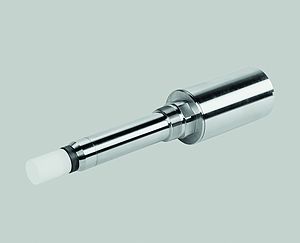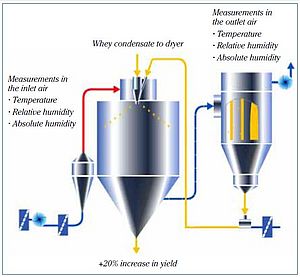The Swedish drug manufacturer APL (Apotek Produktion & Laboratorier) recently installed Vaisala’s viewLinc Continuous Monitoring system at its manufacturing plant, and has been delighted with the reliability and peace of mind that the system delivers. Moustapha Ismail was employed by APL as an external consultant in the qualification and replacement of an older monitoring system at the site. He says: “The previous monitors had been in place for around fifteen years, so we took this as an opportunity to evaluate the latest technology on the market before making any decisions.”
Key requirement: ease of use
With more than 500 employees and five manufacturing units in Malmö, Gothenburg, Stockholm and Umeå, APL is one of Europe’s leading manufacturers of extemporaneous drugs and stock preparations, as well as a contract manufacturer in the life sciences sector. One of the key requirements for the new monitoring system was ease of use, because this was regarded as a weakness in the existing system. “Naturally, we were looking for monitors that could offer the highest levels of uptime and reliability, but conscious of the benefits of smart technology, we were keen to take advantage of the latest developments,” Moustapha explains. “Members of the team had previously used Vaisala sensors, so we were already aware of their accuracy and long-term reliability, so Vaisala was invited, along with others, to quote for our user requirement specifications.”
Lower frequency – higher range
To demonstrate viewLinc’s capabilities, Vaisala staff ran a virtual demonstration of the system in operation at Vaisala’s manufacturing facility in Helsinki. “This provided an opportunity for the APL team to learn how easy it would be to setup a viewLinc system using Vaisala’s VaiNet wireless temperature and humidity loggers,” explains Vaisala Sales Manager Janne Halonen.
The VaiNet data loggers use low frequency communications to provide long-range signal strength without the need for amplifiers, even in locations with obstacles such as metal or concrete structures. The low frequency also means that VaiNet does not interfere with other network traffic. If necessary, it is also possible to connect data loggers, transmitters, or other devices to the viewLinc system using Ethernet, PoE and USB connections.
The VaiNet AP10 network access points transfer data from the data loggers to the viewLinc Enterprise Server, and both the access point and the software verify that data have been received correctly. Data are then stored in viewLinc's secure database to protect data integrity and security. Data redundancy is achieved through load distribution between different VaiNet access points, which share multiple in-range loggers. The onboard memory of each logger, and viewLinc’s database, complete the audit trail.
The probes in the data loggers use Vaisala HUMICAP® humidity technology and platinum RTD sensors to provide best-in-class levels of measurement stability. HUMICAP® sensors employ a capacitive thin-film polymer technology that is resistant to contamination by dust and condensation.
Training for inhouse calibration
Following the viewLinc demonstration, and after a full evaluation of reference customers and Vaisala’s technical and pricing proposal, APL selected the viewLinc Continuous Monitoring System, which was installed in 2022. The system comprises over sixty VaiNet wireless RFL100 temperature & humidity data loggers, supported by multiple VaiNet AP10 wireless access points. While the data loggers are equipped with sensors designed for long-term stability, they must be calibrated to maintain accuracy and compliance. Vaisala offers a yearly calibration service, however APL chose instead to use Vaisala’s training and tools to manage calibrations in-house.
Summarising, Moustapha says: “From an operational perspective, we have been delighted with the ease of use of the system, and we have built a high level of trust in viewLinc. Our team can log in and view readings at any time of day or night, and we know that the VaiNet loggers are accurate and reliable, so we can rest assured that the system will protect our vital indoor facilities and issue an alarm if any monitoring point approaches a threshold value.”


